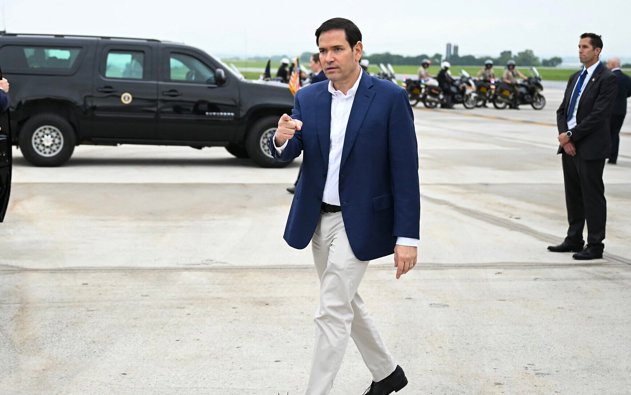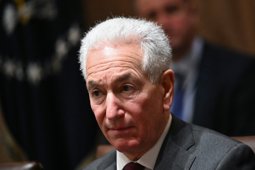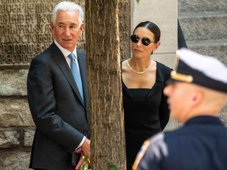
U.S. Slams Allies Over Israeli Minister Sanctions
U.S. slams U.K., Canada, and others for sanctioning Israeli ministers, defending Israel’s stance amid Hamas conflict.
Trump Administration Condemns Sanctions by Western Allies
The Trump administration sharply criticized five allied nations—United Kingdom, Norway, Canada, New Zealand, and Australia—after they imposed sanctions and travel bans on Israeli National Security Minister Itamar Ben-Gvir and Finance Minister Bezalel Smotrich. The coordinated action targeted the ministers for allegedly inciting extremist violence and committing serious human rights abuses against Palestinians.
In a formal statement, Secretary of State Marco Rubio denounced the sanctions, warning that they undermined ongoing efforts to achieve a ceasefire in Gaza and secure the release of hostages. “These sanctions do not advance U.S.-led efforts to achieve a ceasefire, bring all hostages home, and end the war,” Rubio stated. “We reject any notion of equivalence: Hamas is a terrorist organization that committed unspeakable atrocities, continues to hold innocent civilians hostage, and prevents the people of Gaza from living in peace.”
Rubio called on U.S. allies to reverse their decisions, emphasizing, “We remind our partners not to forget who the real enemy is. The United States urges the reversal of the sanctions and stands shoulder-to-shoulder with Israel.”
Israeli Leaders Applaud U.S. Support
Minister Ben-Gvir welcomed Rubio’s comments, describing the Trump administration as a “moral compass in the face of the confusion of some Western countries that choose to appease terrorist organizations like Hamas.” He reaffirmed Israel’s determination to continue its counterterrorism campaign.
Israeli Foreign Minister Gideon Sa’ar also praised Rubio’s remarks, calling them “a clear moral voice” that should guide the international community. Sa’ar criticized the sanctions as “outrageous” and warned they could embolden Hamas. “These actions and decisions against Israel also contribute to hardening Hamas’ stance in the negotiations for the hostage deal—and distance it and the ceasefire,” he said.
Earlier this year, in May, Israeli Prime Minister Benjamin Netanyahu directly accused the U.K., France, and Canada of “enabling Hamas” after they demanded a halt to Israel’s military operations in Gaza. “I say to President Macron, Prime Minister Carney and Prime Minister Starmer: When mass murderers, rapists, baby killers and kidnappers thank you, you're on the wrong side of justice,” Netanyahu stated in a video address. “You're on the wrong side of humanity and you're on the wrong side of history.”
The joint action by the five Western nations followed months of tension between Israel and elements of the international community. In December 2024, Australia and New Zealand issued a joint appeal for a ceasefire and criticized Israel over its treatment of United Nations agencies operating in Gaza.
In response to the recent developments, Foreign Minister Sa’ar announced that Israel would convene a government meeting early next week to determine its course of action. The session is expected to address diplomatic and strategic responses to the sanctions, as Israel pushes back against what it views as international mischaracterizations of its defense efforts.






